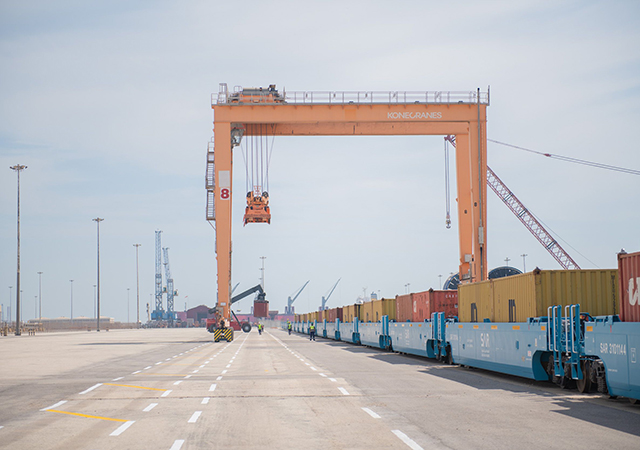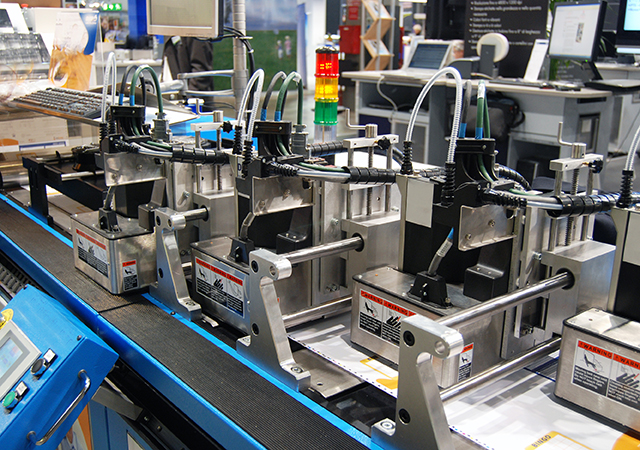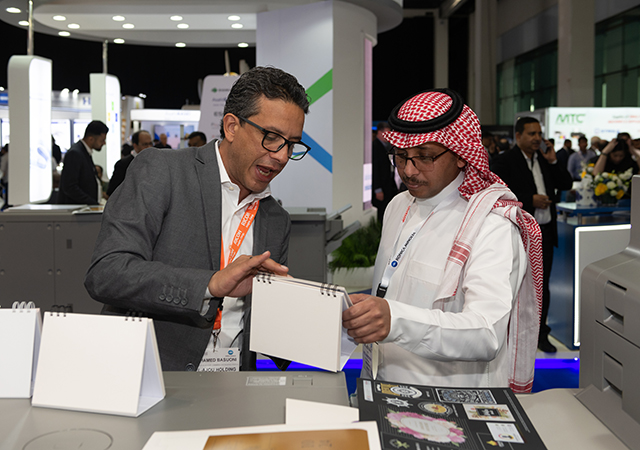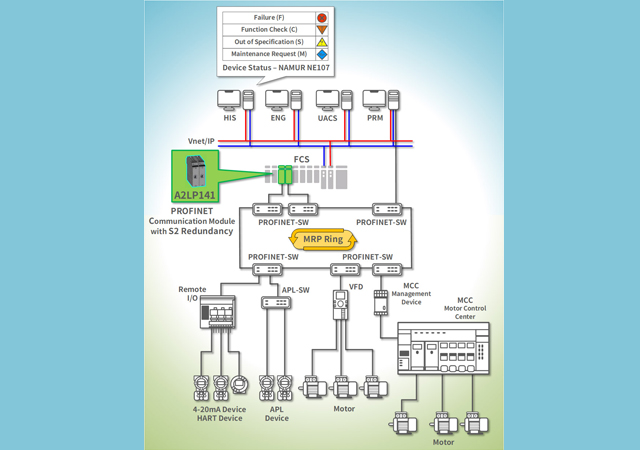
 El Jawhari
El Jawhari
Industrial firms must regionalise their footprint, increase use of robotics for manufacturing and logistics, and change the cost model for production and sourcing in the new normal, says a study.
The Global Manufacturing and Industrialisation Summit (GMIS) and leading professional services firm, PwC, launched a new report outlining the 2021 key global trends that will enable manufacturers to succeed at glocalisation.
The report, titled ‘The journey from globalisation to glocalisation, how Covid-19 has accelerated the shift to more local and flexible operations’ states that amid these emerging themes, Covid-19 has ensured that the case for moving from global to ‘glocal’ operations has gained momentum.
 |
|
Khurana |
The opportunities and related risks of glocalisation vary in importance between regions and sectors. With a focus on the Middle East, Germany, India, the US, Greater China, and the UK, the report reflects various global perspectives where the pandemic has accelerated efforts by industrial companies to make inflexible global footprints more agile and responsive to demand.
Anil Khurana, Global Industrial Manufacturing & Automotive Leader & Principal at PwC in the US, said: “This “glocalisation” balancing act may mean different things for different countries, but at its core, it relies upon agile and multi-location global operations, and use of technology and digitalisation to ensure data-driven insights and decisions, greater transparency and improved efficiencies even at less-than-global scale.”
Providing a Middle East perspective, Dr Bashar El-Jawhari, Partner and Leader of Industry 4.0, procurement and supply chain, PwC Middle East, said: “Despite challenges posed by the pandemic, we believe that the region is well-prepared for a successful ‘glocalisation’ journey in two respects. Firstly, major public and private sector companies have experience at building sustainable operations in a region afflicted by continuous challenges. Secondly, in recent years Middle Eastern countries led by the UAE, Saudi Arabia and Qatar have made massive investments in ICT in order to reduce their dependence on oil revenues by creating digitalised ‘knowledge economies’. As a result, manufacturers in the Middle East now have access to world-class technology to modernise and localise supply chains and production.”






















